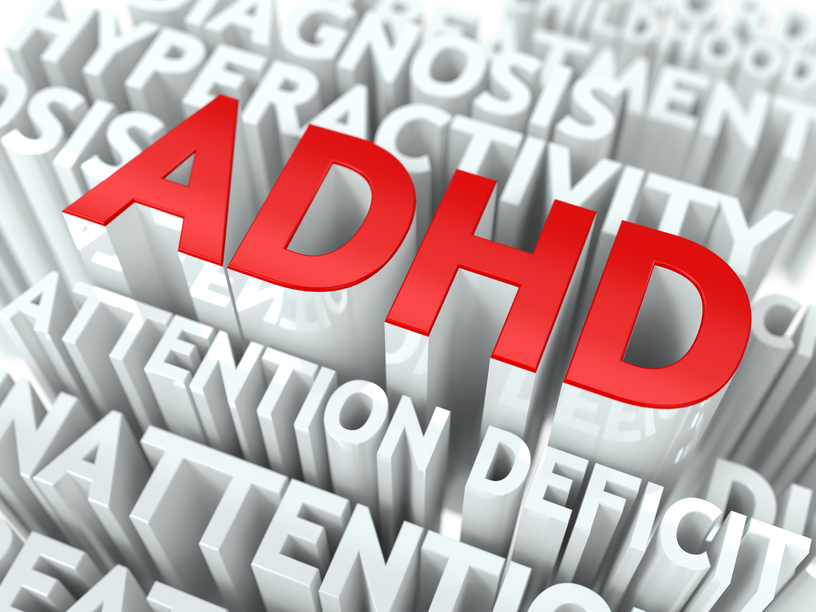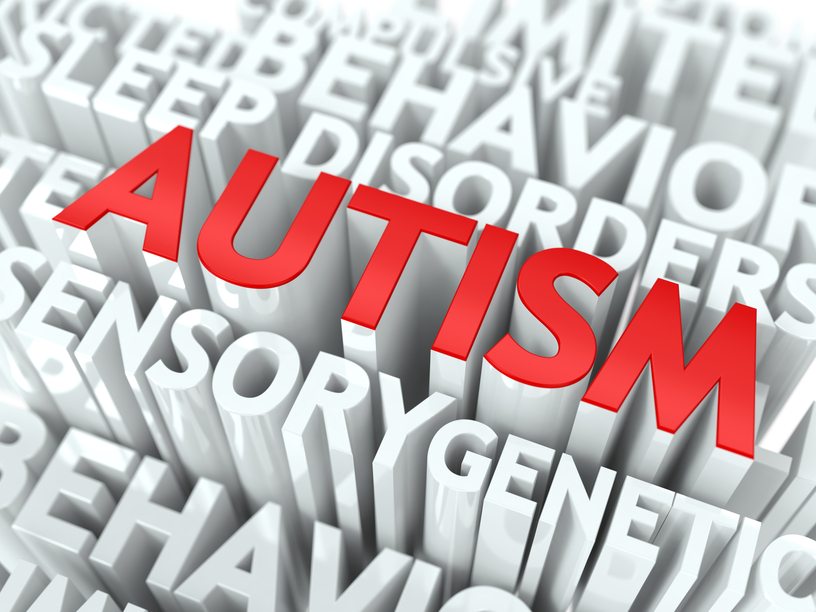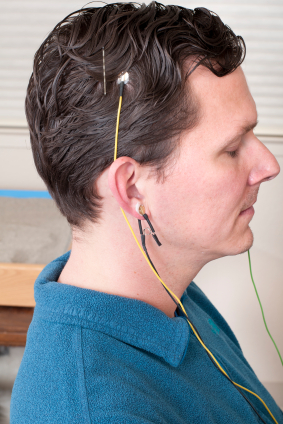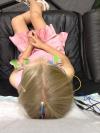1. Which conditions do you treat at ECG WELLCARE?
Which conditions do you treat at ECG WELLCARE?
During more than 15 years of practice, we have assisted patients with a broad range of conditions including:
- Attention Deficit Disorder
- Attention Deficit Hyperactivity Disorder
- Sport Concussions
- Aspergers
- Autism Spectrum Disorder
- Dyslexia
- Learning Difficulties
- Obsessive Compulsive Disorder
- Post Traumatic Stress Disorder
- Stress
- Tourette's Syndrome
2. What is a typical session like?
What is a typical session like?
Very tiny sensors are attached to the skin surface of the scalp to measure brainwave activity. The scalp will be clean in the small area where the sensors will be placed. A small amount of gel will be used to hold the tiny sensor in place.
The senor allows an avenue for brainwave activity and information to be displayed on a computer screen. The feedback to your brain is provided through the use of fun video games, tone or both. You can choose your method of feedback video game, audio tones, music etc. from week to week.
There is a choice of video games that you ‘control’ with your brain, from very simple ‘Pac-Man’ type games to car racing and skate board games. You can also choose from a range of documentaries, TV shows or music videos. The video will go faster, louder or bigger when the brain is working well and disappear if the attention is lost. As you relax, the brain is able to ‘tune in’ to the feedback. All this happens subconsciously, which means you don’t consciously try to direct the brain one way or another, but just relax and allow the brain to use its own ability to self-regulate.
3. How much does neurofeedback therapy cost?
How much does neurofeedback therapy cost?
Costs vary based on the number of sessions required for each client. During an initial consultation, our clinical director, Dr. Thomas, will be able to gain a better understanding of what your needs are and begin to formulate a treatment plan for you. Dr. Thomas can then provide you with an estimate of how many sessions will be required and what costs will be involved. We can create programs with a range of variable program lengths to suit your work or school schedule:
• FastTrack – 2 sessions per day, 5 days per week to complete 20 sessions in 2 weeks.
FastTrack – 2 sessions per day, 5 days per week to complete 20 sessions in 2 weeks.
• Premium – 5 sessions per week to complete the 20 sessions in 1 month
Premium – 5 sessions per week to complete the 20 sessions in 1 month
• Standard – 2 sessions per week to complete the 20 sessions in 10 weeks
Standard – 2 sessions per week to complete the 20 sessions in 10 weeks
The list price for a Standard 20-session program is $2,990.00. We offer you a discount of up to 10% if you opt for the more frequent program; we are also currently offering military discounts:
4. Are any of the treatment costs covered by private health funds or Medicare?
Are any of the treatment costs covered by private health funds or Medicare?
As our approach combines a number of different therapies - such as speech therapy, language therapy, cognitive rehabilitation, neurofeedback training, biofeedback training, swallowing treatment etc. - based on each client's needs, there may be some aspects of treatment that are claimable through private health insurance, Health Savings Accounts, Tricare or Medicare. Also, our care credit program can be discussed with you in more detail at your initial consultation.
5. How much does the initial consultation cost?
How much does the initial consultation cost?
The initial 90 minute consultation is $250.
6. Do I need a referral from my doctor to make an appointment at ECG Wellcare?
Do I need a referral from my doctor to make an appointment at ECG Wellcare?
No, you don't need a referral. Just call our office at 813-373-0016 to make an appointment.
7. How long do sessions last and how often will I have to come?
How long do sessions last and how often will I have to come?
In the early stages of treatment, we generally ask our clients for a time commitment of 1.5 hours per week. However, this can vary from client to client.
8. How many sessions of neurofeedback therapy will I need to get better?
How many sessions of neurofeedback therapy will I need to get better?
On average, many of our clients find they experience significant improvements after completing between 10 and 20 hours of neurofeedback training. Some clients report positive changes after attending their first session. For others, it can take a few sessions before they tell us they feel noticeably different.
Each session builds upon the previous ones to accumulate the benefits. We ask that you commit to 20 sessions; this will deliver significant, lasting improvements for most clients. If your condition is particularly serious you may wish to continue beyond 20 sessions, but this is something you would discuss with Dr. Thomas towards the end of your first course of treatment.
9. Can I do neurofeedback therapy while I'm taking medication for ADD/ADHD?
Can I do neurofeedback therapy while I'm taking medication for ADD/ADHD?
Yes you can. PLEASE NOTE: Your prescribed medications are VERY important. You must maintain the dose that your doctor has recommended. If your condition improves as a result of treatment and you are considering a possible change to your medication dosage, you will need to check with your doctor before making any changes.
10. Can neurofeedback help my doctor determine which medication will be most helpful?
Can neurofeedback help my doctor determine which medication will be most helpful?
Neurofeedback can help guide your doctor in determining which medication will be most helpful with difficulties with attention, focus and behavior. Instead of a lengthy trial-and-error process which often takes many months and may end with less than satisfactory results, a brief neurofeedback-EEG assessment may give your doctor the additional information needed to tailor medication to your unique situation.
11. At what age can a child start doing neurofeedback therapy?
At what age can a child start doing neurofeedback therapy?
Our youngest client was 5 years of age when he started treatment. Our oldest client wanted to improve his memory skills at 93 years of age.
12. I'm not comfortable with medicating our child. Can neurofeedback help my child?
I'm not comfortable with medicating our child. Can neurofeedback help my child?
We see lots of parents in this situation. You're not alone. We have found neurofeedback and biofeedback, in combination with other therapies such as cognitive therapy, social skills development, pragmatic skills therapy, parenting strategies, diet modification and sleep schedules, to be extremely effective in treating a wide range of issues and conditions. The simplest way for us to ascertain whether our treatment approach will be right for your specific situation, is to sit down with you for an initial consultation and discuss your needs.
13. Is it safe?
Is it safe?
Absolutely. In fact, no one has been harmed since Neurofeedback began in the 1950s. The sensors we attach to the skin surface of scalp are simply there to listen to the brain; there is no stimulation or signal transmitted by the equipment.

Neurofeedback / Biofeedback FAQ
Copyright 2013 Educational Consultants Group | Last updated: February 8, 2014
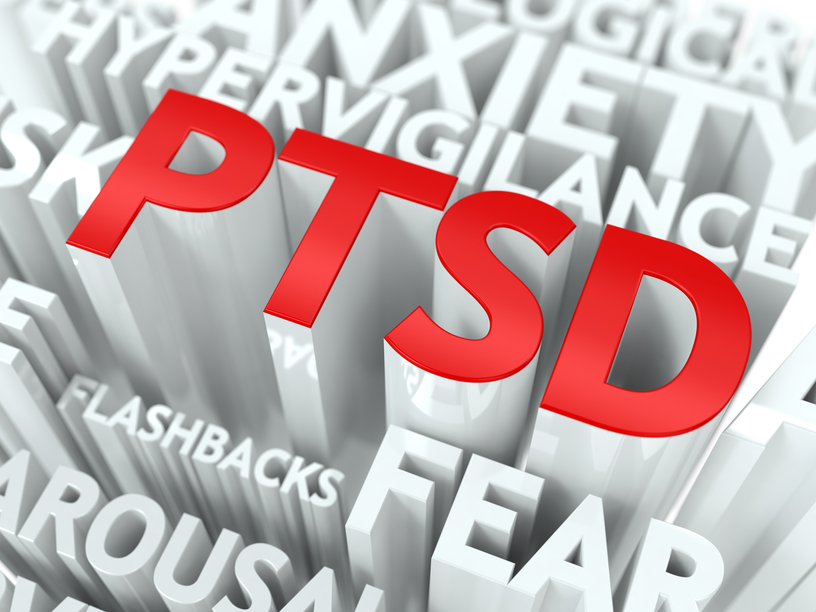
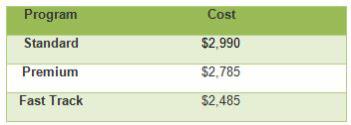
13. Is it safe?
